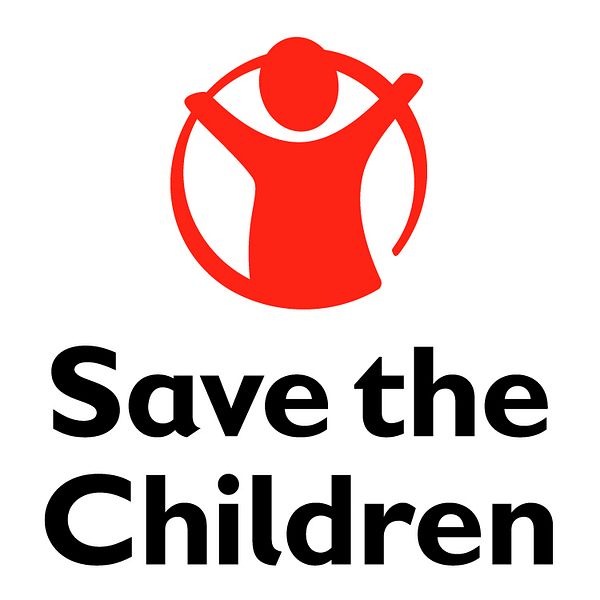Press release -
Save the Children urges UN Panel to adopt plan to end extreme poverty within 20 years
Manila, Philippines - A United Nations panel should use its influence by adopting a new plan to eradicate extreme poverty by 2030, Save the Children says.
The High Level Panel – co-chaired by Indonesian president Susilo Bambang Yudhoyono, President Ellen Johnson Sirleaf of Liberia, and British Prime Minister David Cameron – will meet later this month in Liberia to discuss a new system to replace the UN’s Millennium Development Goals (MDGs), which expire in 2015.
Save the Children’s new report Ending Poverty in Our Generation outlines an ambitious new development framework which, it says, can help all countries end extreme poverty in the next 20 years. This is the first time that an organisation proposes specific new targets to replace the MDGs.
“We have an historic opportunity to put an end to the devastating cycle of poverty. By committing to these ambitious but achievable new targets, we really can become the generation that ends extreme poverty forever,” said Save the Children International’s Chief Executive, Jasmine Whitbread.
The MDGs were eight international targets adopted by every United Nations member state in 2000 with commitments to tackle global ills such as extreme poverty, child deaths and a lack of free education. Progress has been mixed, with some developing countries on track to achieve all targets and others looking unlikely to meet any.
Whitbread added: “The Millennium Development Goals have lifted 600 million people out of poverty and helped 56 million more children to go to school. But there were gaps in that framework that must be addressed and we call on the UN Panel to commit to new targets to secure a prosperous, sustainable future for the world's poorest children.”
In the Philippines, progress has been made in meeting targets on food poverty, gender equality in education, child mortality, treatment of malaria and Tuberculosis, and access to sanitary toilet facilities; while the country continues to lag behind on improving elementary participation, survival and completion rates, maternal mortality ratio, access to reproductive health services and reducing incidence of HIV and AIDS.
“The Philippines has made significant headway in reaching some of its goals in the MDGs, and as we move closer to 2015, we should continue to address challenges and build on positive measures and results achieved through the years,” said Anna Lindenfors, Country Director of Save the Children in the Philippines.
The country continues to struggle in pushing for legislative measures, advocacy and localization, pursuing strategic plans of national agencies, and financing for the MDGs, but is hopeful that with sustained economic growth, improved governance and transparency, and equitable and efficient use of resources, it will be able to catch up with other targets beyond 2015.
“Addressing challenges in the MDGs is not just the sole responsibility of the government, but of all key players in development, including the private sector and civil society. This requires a concerted and focused effort to make a real and lasting change in the lives of children and families,” Lindenfors added.
Save the Children’s report indicates the end of extreme poverty is now in sight because of remarkable progress made in improving the lives of millions over the last two decades. For example, the number of under-five deaths worldwide declined from nearly 12 million in 1990 to under 7 million in 2011, and an additional 56 million children enrolled in primary school from 1999 to 2009.
The report warns of three major threats to the process: a failure to tackle inequality in the framework will mean progress will be too slow and some groups will be left behind; a desire to cram too much into the framework leading to a lowest common denominator outcome; and a fragmented and already fractious political process at UN level.
Topics
- Social issues
Categories
- millennium development goals
- save the children
- malnutrition
- maternal health
- tuberculosis
- hiv/aids
- save the children in the philippines
- child health
- newborn health
- poverty
- united nations
Save the Children works in 120 countries. We save children's lives. We fight for their rights. We help them fulfil their potential.
